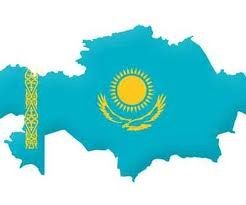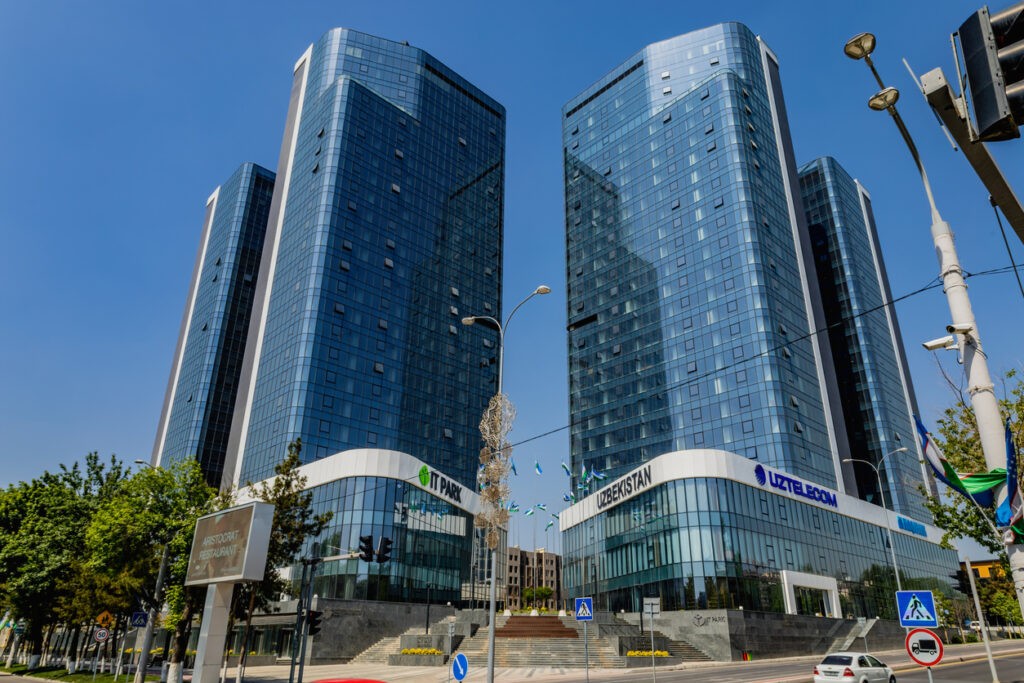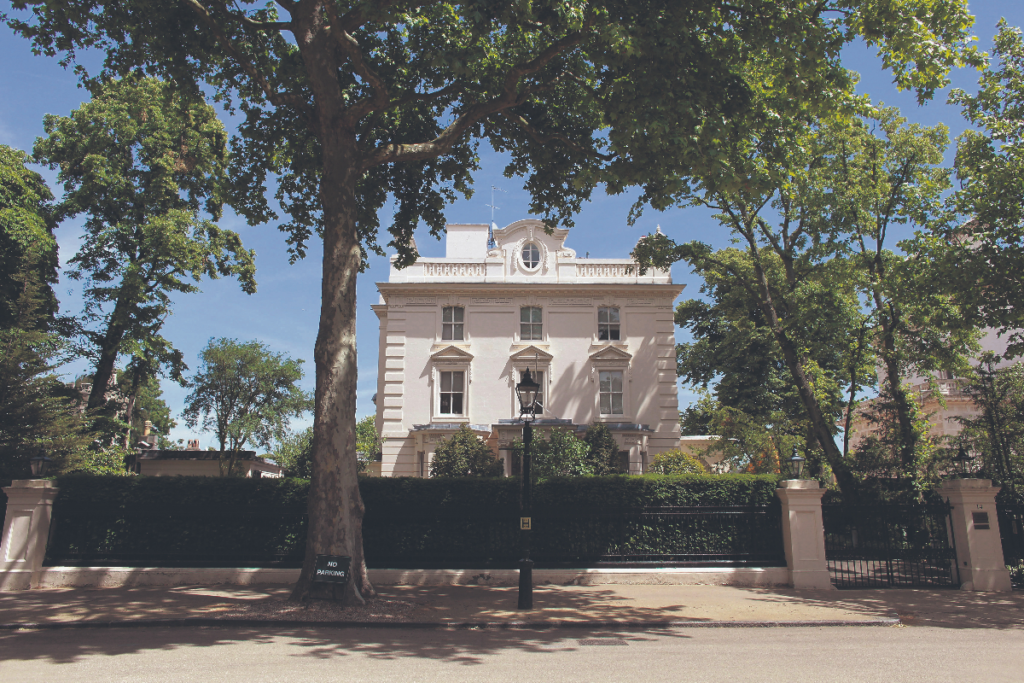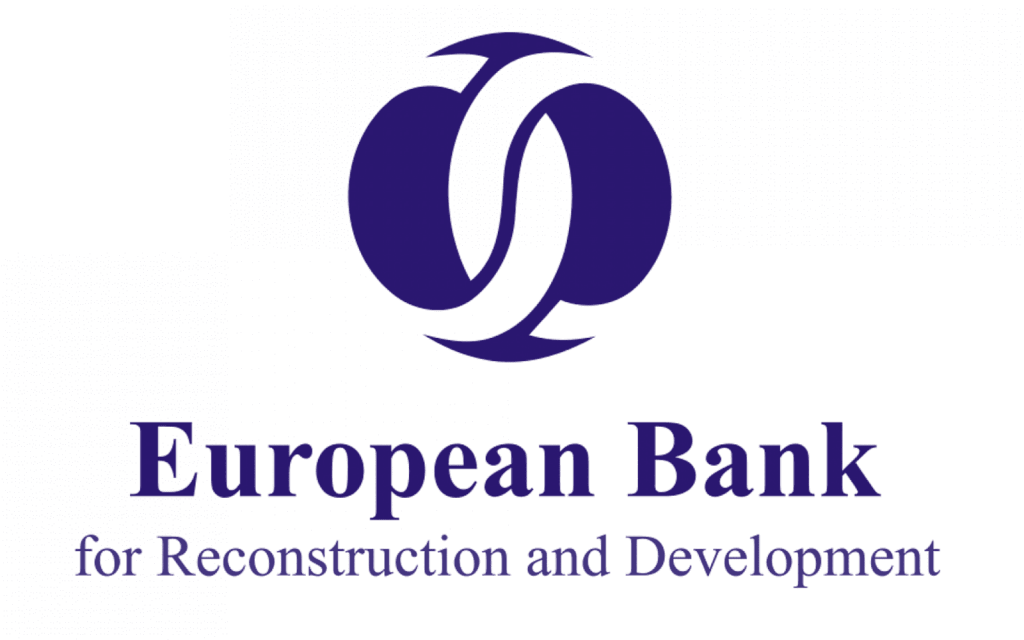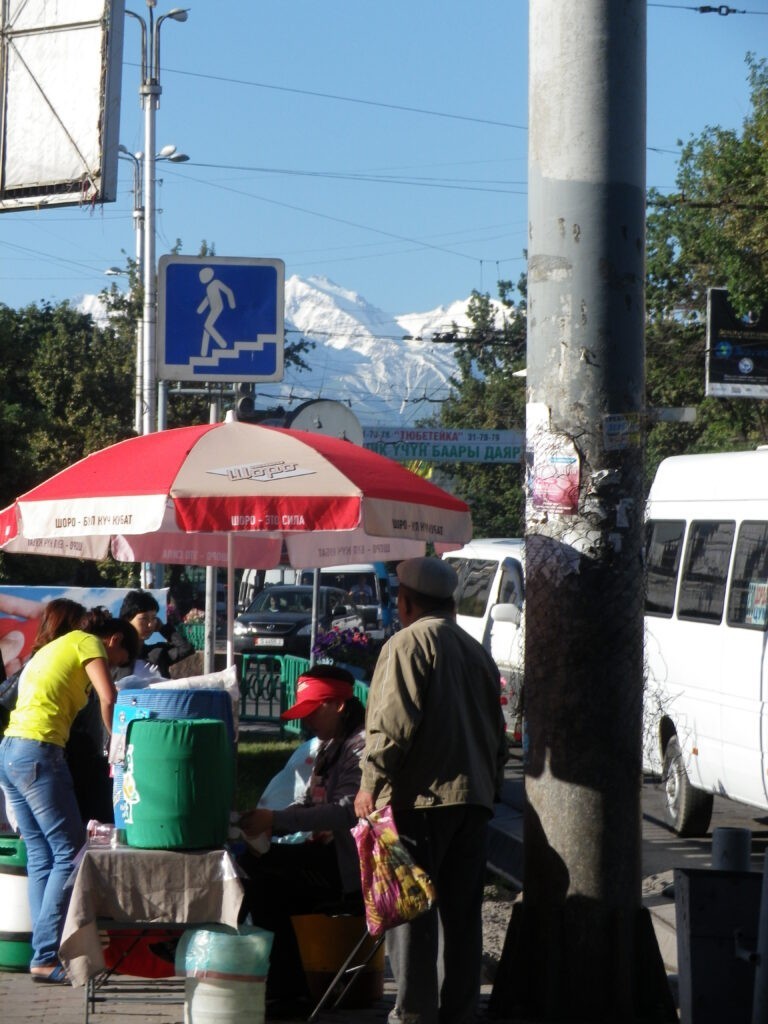ALMATY (TCA) — The Council of Businesswomen of the Chamber of Entrepreneurs of Almaty and Shinhan Bank Kazakhstan (subsidiary of Shinhan Bank of South Korea) have agreed on cooperation, the Atameken National Chamber of Entrepreneurs of Kazakhstan reported on July 11.
The European Bank for Reconstruction and Development will provide $20 million to Shinhan Bank Kazakhstan under the loan agreement to support micro, small and medium enterprises. Of that amount, $5 million in tenge equivalent will be on-lent to women entrepreneurs. In addition, entrepreneurs will be provided with technical support and access to know-how.
“During the first Kazakh-Korean forum we reached an agreement on cooperation with the leadership of Shinhan Bank of Kazakhstan on the implementation of this program. The main objective of the partnership will be to promote the development of entrepreneurship among women by providing them with access to financial resources and advice. The loan will be granted at a rate of 15%, which is very important. Currently, commercial banks finance businesses at higher rates, from 21 to 28%,” said Deputy Chairperson of the Council of Businesswomen of the Chamber of Entrepreneurs of Almaty Akerkin Eralieva.
In the course of the Kazakh-Korean Cooperation Forum it was noted that in 2015 the trade turnover between Kazakhstan and the Republic of Korea amounted to 1.5 billion dollars. South Korean businessmen are among the top ten investors in Kazakhstan’s economy, including its priority sectors such as mechanical engineering, electronics and pharmaceuticals. The total investments currently exceed 4 billion USD.
